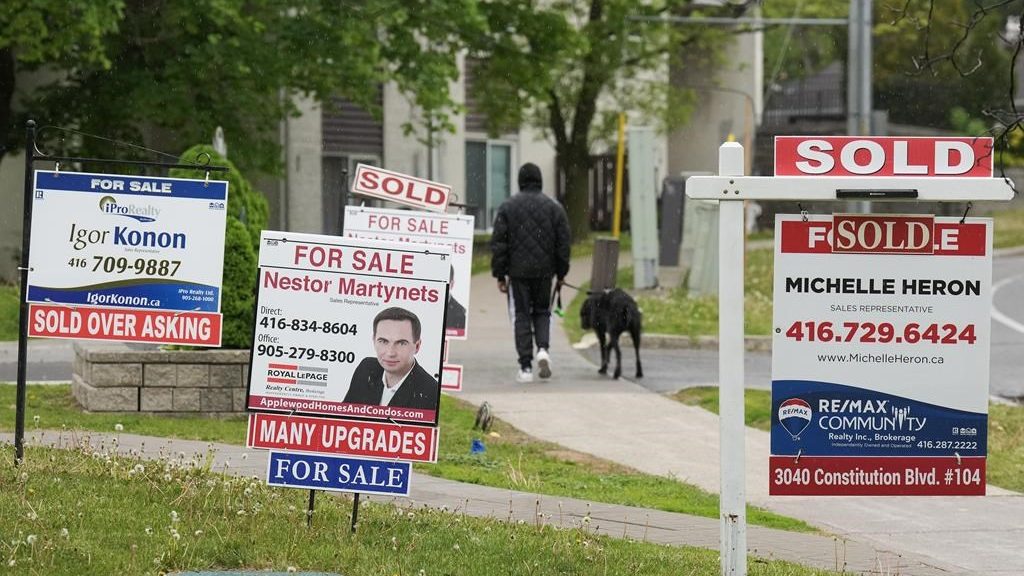Montreal subway smoke bombing draws attention to hardcore student group
Posted May 14, 2012 06:29:25 PM.
This article is more than 5 years old.
MONTREAL – Smoke-bomb attacks that paralyzed Montreal’s subway system are drawing attention to a more radical student group that cites classic anarchist theorists and strives for societal overhaul.
In a manifesto released last year, the Critical Students Forces described how it planned to join the emerging anti-tuition movement and use it to eventually advance its own long-term goal: a grand struggle against capitalist society.
Statements online in recent months, and in public Monday, illustrate how Quebec’s student protest movement no longer appears to be a single-minded monolith — but more of a multi-pronged entity with some sharper edges.
This organization has written critical things about the mainstream protest movement and what it calls the small contingent of individuals “masquerading” as leaders. It offers a vaguely defined “revolutionary and reformist” path to a “complete realignment of the trajectory of society.”
The difference in approach was apparent as the group organized a demonstration Monday on the steps outside Montreal’s courthouse, shortly after four people charged in last week’s smoke bombing appeared inside before a judge.
The rally produced several shoving matches with journalists. Participants repeatedly swore at reporters and accused them of siding with politicians and police against their movement.
It was a far cry from the more mainstream student protests in recent months, whose leaders have enthusiastically sought out cameras to express themselves.
Monday’s protesters were also upset that some media reports tied their group to the metro-attack suspects — and that the accused were named in news reports even before being charged. At least one of those people named in media reports was not arrested.
Very few people in attendance agreed to — or were permitted to — talk to journalists.
Protesters frequently unloaded high-pitched screams directly into news microphones when fellow demonstrators tried to express their opinions to the media.
One participant who did speak to journalists Monday denounced the fact that each of the accused faced a serious charge of perpetrating a terrorist hoax, which carries a maximum five-year sentence.
“They didn’t kill anyone,” said the man, who did not give his name. He says the smoke-bomb stunt appeared aimed simply at hurting the city’s economy.
During the sometimes tense rally Monday, several protesters jostled with TV news crews and photographers as they tried to stop them from filming demonstrators and families of the accused. Demonstrators, many of whom wore masks, covered camera lenses with their hands and with articles of clothing.
At the top of the courthouse staircase, protesters unfurled a large banner that read: “The state brutalizes (and) the media terrorizes.”
“What do you want, man? We don’t like you,” one man told an inquiring reporter before raising his voice. “Shut your mouth!”
In the February-March edition of its online newspaper — called Parabellum (or Prepare for War) — the Critical Students Forces cites thinkers like Peter Kropotkin. Kropotkin was a 19th-century Russian philosopher who influenced generations of anarchists and communists.
The group also quotes Claude Guillon, a French author often cited by anti-capitalist and anarchist theorists, and noted feminist Jo Freeman, who penned a classic essay popular amongst anarchist groups.
Monday’s rally attracted protesters who said they were not affiliated with any of the groups.
“We’re fighting for the majority right now — this hasn’t been transmitted well as a discussion,” said Alexandre Poulin, an art-history masters student, who is passionate about the dispute but insisted he didn’t belong to any organization.
Poulin, 24, said student protesters are being demonized, when all they’re doing is defending their culture. He said the government has a responsibility to listen.
“Every time (society) makes big decisions that are tainted by an ideology, the pulse of the population must be taken,” he said of the provincial government’s plan to increase tuition.
“Right now, we’re trying to impose an ideology on the population.”
Recent polls, however, have suggested that public opinion in Quebec is in favour of the tuition-fee hike.
Quebec plans to raise tuition by $254 a year for seven years, then index it to inflation. At the same time, the number of students on strike in the province has shrunk to less than one-third of post-secondary students.
The revolution-minded Critical Students Forces issued a statement Saturday on its website, after the smoke bombing suspects were arrested.
It said its group quickly became a target of journalists as the “scapegoat” in a posting on its website. A report in Montreal’s La Presse newspaper said one of the accused is a member of the organization.
Critical Students Forces, founded in 2010, has also criticized mainstream student federations leading the fight against the tuition-fee increases.
The group has even taken aim at one of the province’s more radical student organizations known as CLASSE, which it considers too moderate.
In the manifesto dated from September on its website, Critical Students Forces called on members to choose to be the promise of better days for “this ailing society.”
“We don’t have to conform to the role of lazy spoiled babies that the media is falling over themselves to propogate at our expense,” says the document.
“Student leaders have their own plans, often half-assed. From the current movement must be born something that will be a strike for each and for all, and not simply a replica of the spectacular subservience that the imaginary collective would like to pass off as the student movement.”
The group also notes how its goals for widespread societal changes reach beyond university tuition fees.
“The critical students forces belong to whomever is aware that the struggle for free education is only a brief moment in the grand struggle against capitalist society,” the manifesto reads.
Last Thursday’s smoke bombing in Montreal created a nightmare for morning commuters, crippling the city’s transit system and stranding thousands during rush hour.
The leaders of mainstream student unions distanced themselves from the act, and police and politicians have been careful not to pin the incident on student protesters.










